I. The Hidden Connection Between Stomach Ulcers and Bloating: More Than Just a Gut Feeling
If you’ve been suffering from unexplained bloating and suspect that stomach ulcers might be the culprit, you’re not alone. This combination of symptoms often leaves many feeling anxious and uncertain. Is the bloating just a harmless side effect, or a sign that something more serious is going on inside your digestive system? The truth may surprise you.
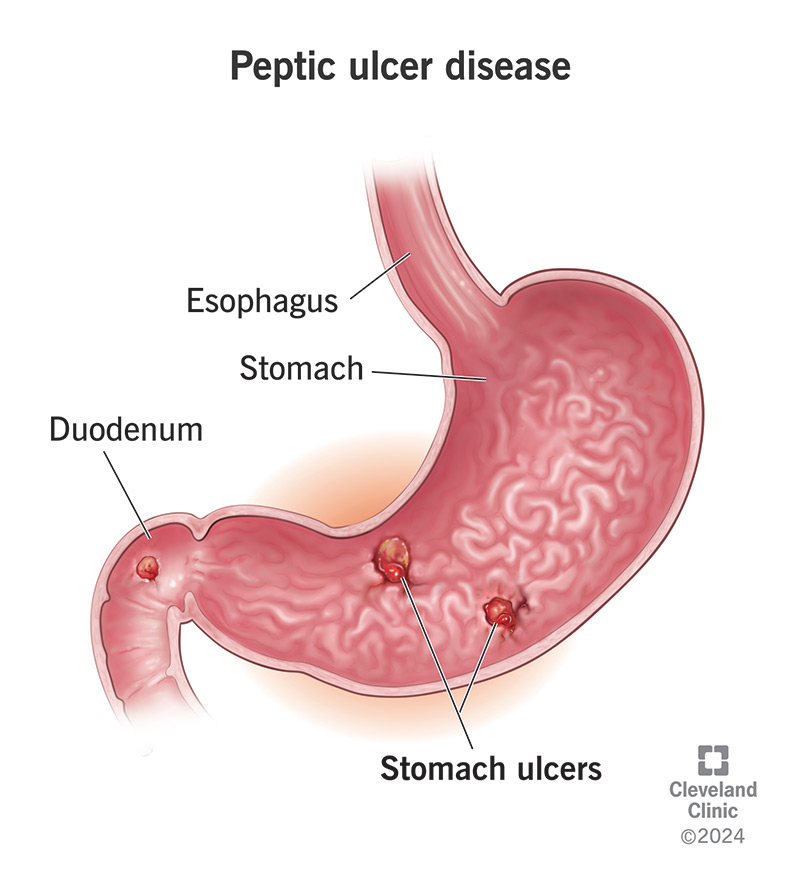
Bloating can be uncomfortable, embarrassing, and sometimes debilitating. It can weigh on your mind and body, making everyday life feel harder. When paired with the pain or discomfort of a stomach ulcer, it creates a complex puzzle that many struggle to piece together.
In this article, we’ll not only explore the scientific link between stomach ulcers and bloating, but also dive deep into the emotional and subconscious layers that often go unnoticed. You’ll also find practical strategies to manage and relieve your symptoms—fast.
II. Understanding Stomach Ulcers: What Are They and How Do They Develop?
To truly grasp the relationship between stomach ulcers and bloating, we first need to understand what stomach ulcers are.
Stomach ulcers, medically known as gastric ulcers, are open sores that develop on the lining of the stomach. They are caused by an imbalance between digestive acids and the stomach’s protective mechanisms. Common causes include:
The primary symptoms include:
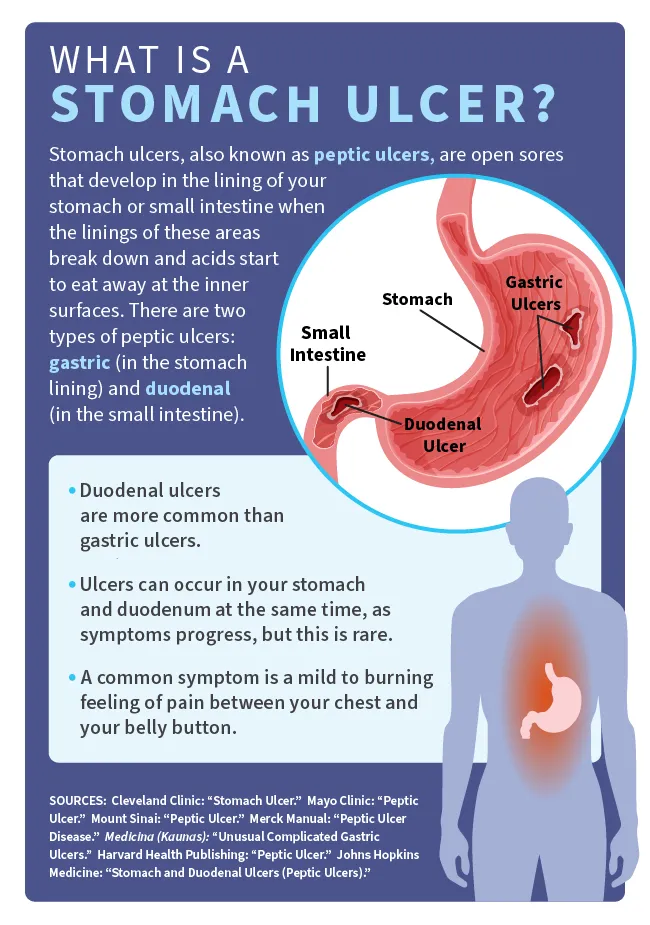
But what about bloating? Is it really part of the picture?
III. Do Stomach Ulcers Cause Bloating? The Scientific and Experiential Evidence
1. The Direct and Indirect Causes of Bloating in Ulcer Patients
While bloating isn’t the hallmark symptom of stomach ulcers, it is frequently reported by those suffering from them. Why?
2. Real Voices: The Emotional Weight of Bloating and Ulcers
Bloating is more than just a physical symptom; it carries an emotional burden. Imagine Sarah, a 42-year-old marketing executive, who shared:
“I was diagnosed with a stomach ulcer, but the bloating made me feel like my body was betraying me. It wasn’t just about the pain—it was the way my clothes fit, the embarrassment, and the constant discomfort. It made me anxious, which only worsened my symptoms.”
This emotional dimension creates a feedback loop, where stress and anxiety exacerbate bloating, which in turn increases emotional distress.
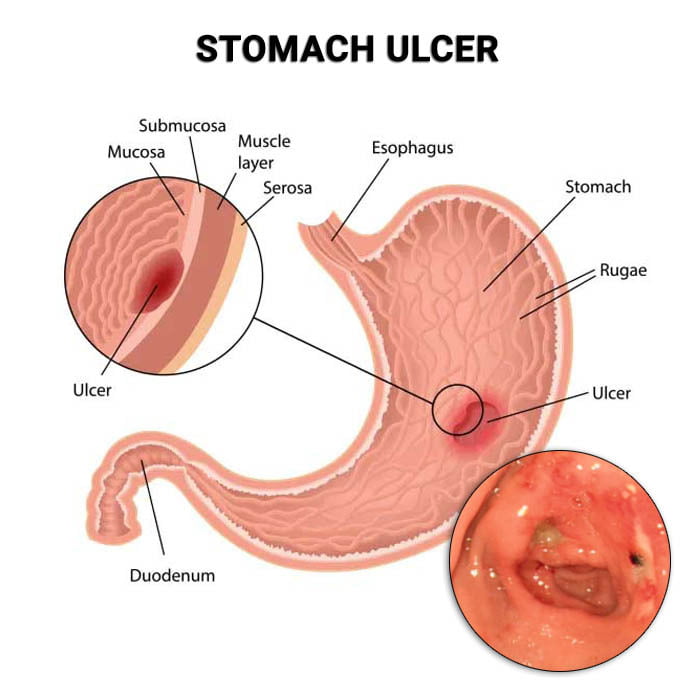
IV. Why Understanding the Root Causes Matters: Not All Bloating Is the Same
Bloating can stem from many causes—ulcers, food intolerance, IBS, or even lifestyle factors. Distinguishing ulcer-related bloating from others is crucial because it dictates the right treatment.
Ask yourself:
Answering these can help pinpoint whether your bloating is likely linked to a stomach ulcer or another digestive condition.
V. Proven Strategies to Find Relief from Ulcer-Related Bloating
Feeling bloated when dealing with a stomach ulcer can be discouraging, but there are effective ways to find relief quickly:
1. Medical Treatment: Don’t Ignore the Ulcer
If you suspect or know you have a stomach ulcer, follow your doctor’s treatment plan rigorously:
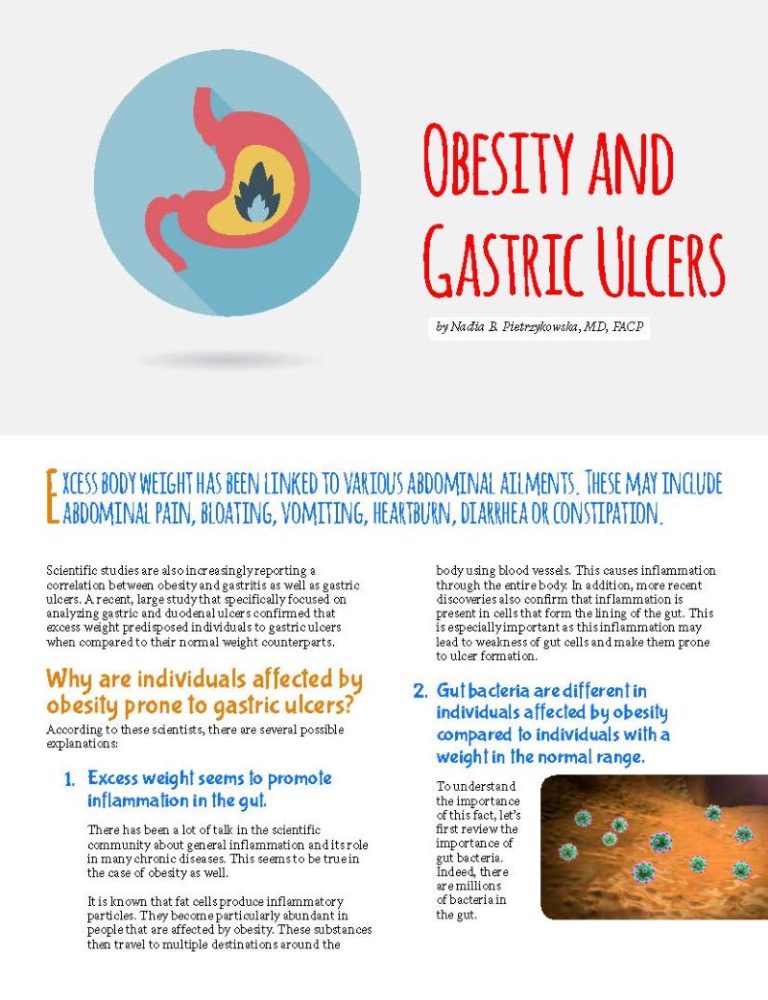
2. Dietary Adjustments: Gentle Nourishment for Your Gut
Diet plays a pivotal role in managing bloating and ulcers:
3. Mind-Body Techniques: Break the Stress-Bloat Cycle
Since stress can amplify symptoms, incorporate:
4. Natural and Supplement Options
Some supplements may aid digestion and reduce inflammation, but always consult a healthcare provider before starting:
VI. How to Listen to Your Body’s Signals: A Personal Journey
Many overlook the importance of tuning into their own body’s feedback. You may notice patterns:
By keeping a symptom and food journal, you can better understand your triggers and work with your healthcare provider to tailor treatments.
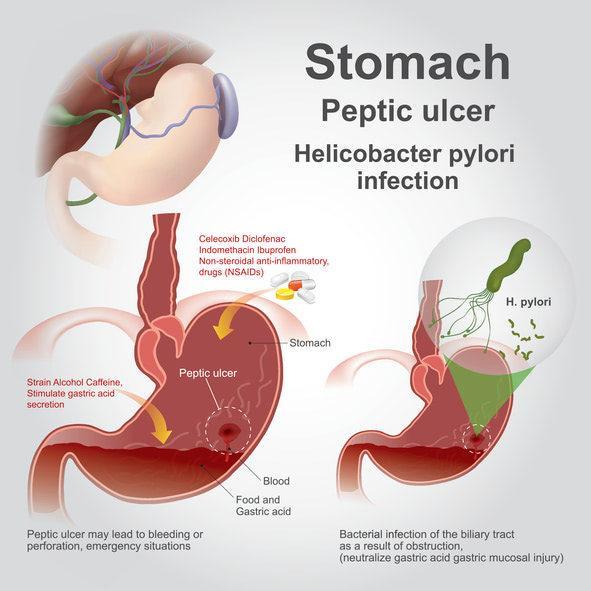
VII. When to Seek Immediate Medical Attention
While bloating and ulcer discomfort can often be managed at home, some symptoms require urgent care:
These signs may indicate complications such as bleeding ulcers or perforation and need immediate evaluation.
VIII. The Emotional and Social Layers of Living with Ulcers and Bloating
It’s easy to feel isolated when dealing with chronic digestive issues. The unpredictable nature of bloating and pain can interfere with social outings, work, and self-esteem.
You might hide your discomfort, avoid certain foods or events, and feel misunderstood. Recognizing these feelings is vital:
IX. Final Thoughts: Empowerment Through Knowledge and Action
Do stomach ulcers cause bloating? The answer is nuanced: ulcers can indeed contribute to bloating, both directly and indirectly. But understanding this link empowers you to take informed steps toward relief.
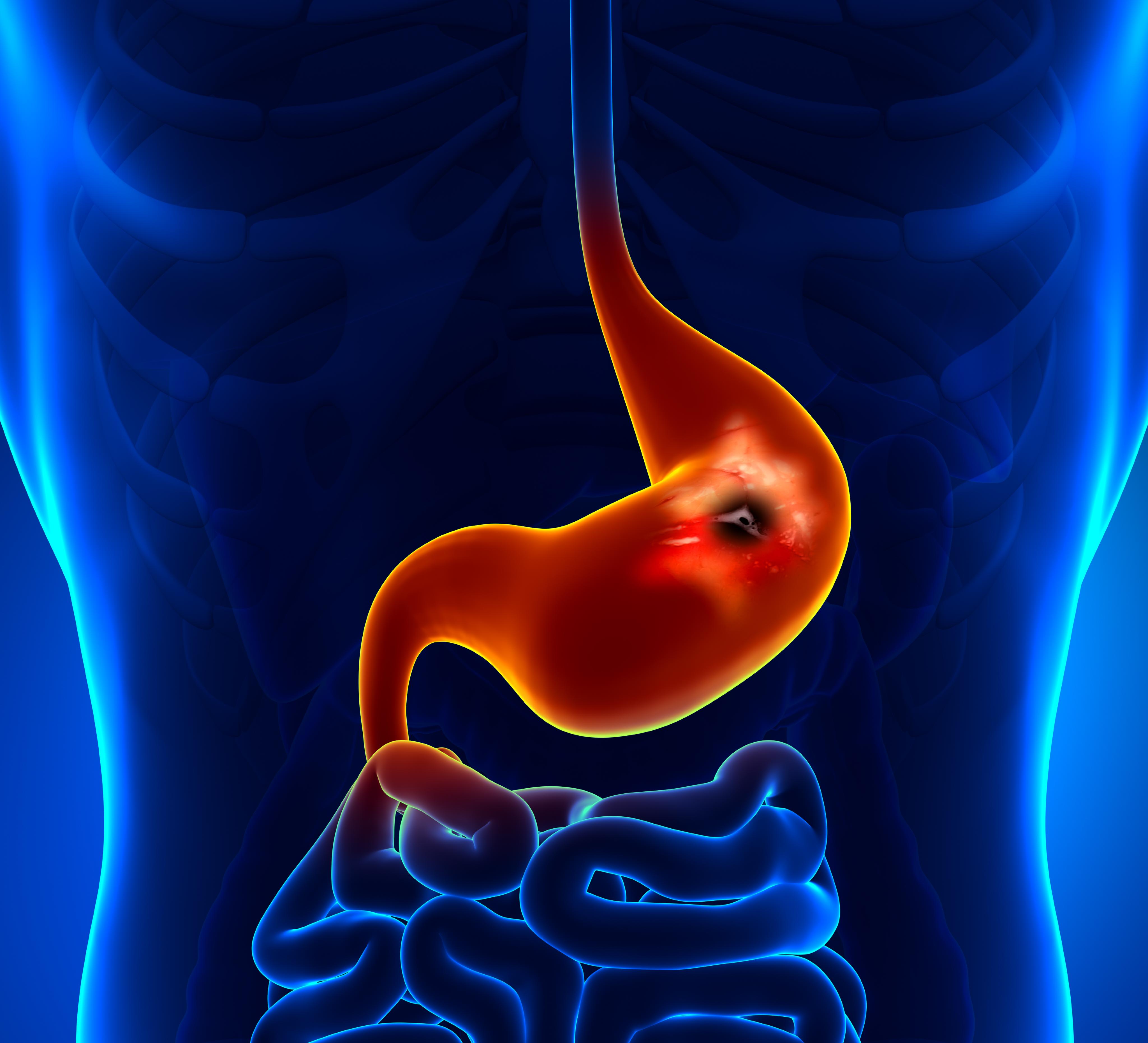
By combining medical treatment, thoughtful diet, stress management, and self-awareness, you can break free from the cycle of discomfort and regain control over your digestive health.
X. Your Next Steps: Take Charge Today
Remember, your body is communicating with you. It’s time to listen, respond, and heal.
If you found this article helpful, consider sharing it with someone who might benefit, or bookmark it to revisit when symptoms flare. Your journey to wellness starts with a single informed step.








